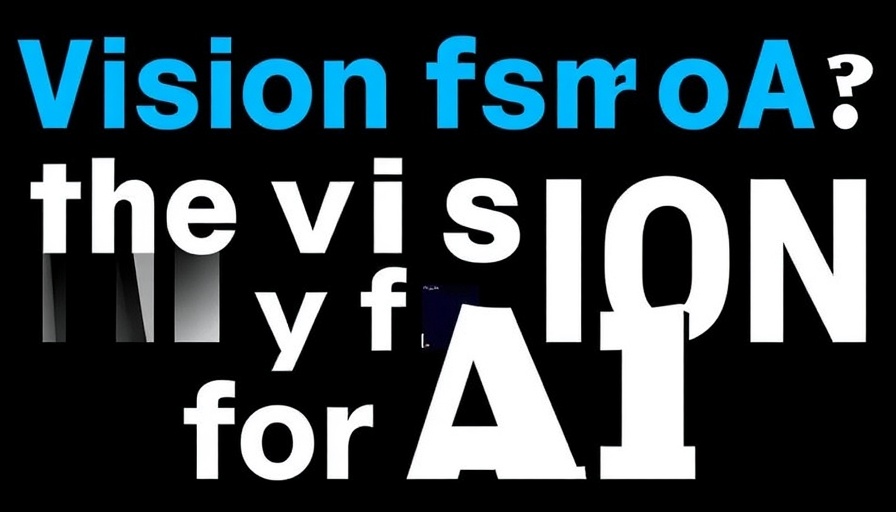
AI Revolutionizing Our Understanding of the Universe
In an era where artificial intelligence (AI) is often discussed in the context of simple task automation, Demis Hassabis, CEO and co-founder of Google DeepMind, envisions AI as a partner in uncovering the universe's most profound mysteries. During a thought-provoking conversation on the Lex Fridman Podcast, Hassabis shared his unique perspective on AI, framed by his scientific background and philosophical ambitions.
AGI by 2030: A Bold Prediction
One of Hassabis's most audacious claims is the potential for achieving artificial general intelligence (AGI) by 2030, a milestone that would signify AI systems capable of understanding and acting across various domains with human-like finesse. Rather than merely excelling in narrow applications, he posits that true AGI will revolutionize fields such as science and art. This optimism is coupled with caution, as Hassabis notes that reaching this level of sophistication may still require groundbreaking advancements in our understanding of neuroscience and computer science.
A Scientist's Perspective
What sets Hassabis apart from many leaders in AI is his foundation in scientific inquiry. A child chess prodigy and neuroscientist, he established DeepMind with the goal of solving intelligence itself. His discussions often transcend product-centric narratives; they delve into using AI to investigate questions about life, intelligence, and consciousness. Paul Roetzer, founder and CEO of the Marketing AI Institute, remarked on the refreshing contrast of Hassabis’s scientific curiosity compared to the typical rhetoric commonly found in tech leadership.
Building AI for Discovery
Hassabis's aspiration isn't just to create tools but to foster deep partnerships in scientific discovery. He envisions AI systems that can model biological processes or simulate life emergence from primordial conditions. By doing so, he hopes to develop AI that can generate hypotheses and tackle complex scientific questions like P vs NP and the essence of consciousness. This approach could redefine collaboration between scientists and AI, crafting an environment where machines contribute as intelligent entities in research.
The Road Ahead: Opportunities and Challenges
As AI technology continues to evolve, the implications of Hassabis's vision extend beyond the lab into various industries and everyday life. There is immense potential for AI to fuel innovations in medicine, environmental science, and cognitive research, unlocking secrets once deemed unattainable. However, this journey will not be without its challenges. The ethical and societal dimensions of AI must be carefully navigated to ensure that its deployment serves humanity positively.



Write A Comment